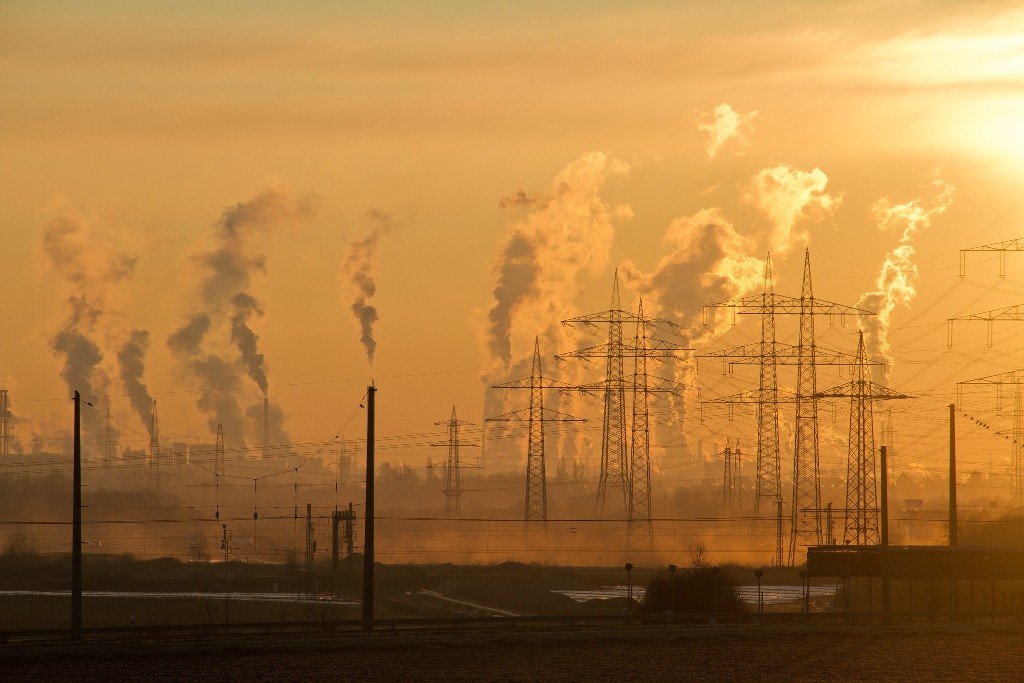Don't miss GAN Global & TAG Virtual Event " Greener Skills for a Sustainable Workforce” on June 23 – 11am CET. Stay tuned for further details.
While addressing the challenges of the green transition, international institutions and governments are acting with priority. To be a part of the green transition, people need the right set of skills. Jobs, skills, and talent are all essential components of the world of work in the future.
Green skills for green jobs
In the years since it was first published, the standard definition commonly used in reports that refer to the green economy has come from the Bureau of Labor Statistics, which states that green jobs are: (a) jobs in businesses that produce environmentally friendly goods or services or conserve natural resources, or (b) jobs where workers are responsible for making their establishment's production processes more environmentally friendly or use fewer natural resources.
Almost all sectors and levels of the workforce will require green skills. There is a demand across all industries for green talent, according to LinkedIn's Global Green Skills Report 2022, but there are not enough workers with the skills to fill those positions.
As climate action becomes increasingly urgent, at our level, what we can do as the leading HR and talent solutions company, is to adapt our peoples’ skills to meet those green transition challenges. Making a company more sustainable can take many forms, and may have unexpected effects on its business model. A new skill set may be required in technical roles, but also in supply chain management, marketing, and sales, or customer support.
The Adecco Group is working to address the skills investment by reskilling and upskilling its staff and supporting its talent and clients in their pursuit of a greener economy. In order to make the future work for everyone, we invest in people and create an environment where everyone can succeed.
Training for green jobs: Where to start?
In our recent paper, “Training for green jobs”, we illustrate five examples of green skills training-schemes.
As expected, the context is different in each country, and the training programmes vary in length and setup. The paper shares the most important findings, challenges and learnings from these five experiences, highlighting the significance of investing in talent for the green transition:
- Hydrogen sensibilization module. As the hydrogen sector is one of the priority investment areas of the French Government, and more than 100,000 jobs are expected by 2030 in the field1, many skills need to be developed. To raise awareness of carbon-free hydrogen, Adecco Training launched its first digital learning module to train technical professionals and operators, Targeting 26 different jobs that represent more than 1.6 million workers in France as of 2021. For the Adecco Group, this represents almost 195.000 workers in those those sectors, and at least 3,400 flexible workers that have worked in at least one assignment in 2020.
- Training for elected officials. The focus lies on how to implement an efficient green transition public policy. French communities of rural areas recognise the green transition as a major public policy topic, that is not understood well enough. This program supports rural communities in implementing a green transition public policy that includes concrete actions. During this training, elected officials receive diagnostic and tools necessary to implement real change.
- Giobert project. Giobert is a company operating in the automotive industry as a manufacturer for keys, lock cylinders and components for car interiors installed on vehicles of Fiat, Alfa Romeo, Ferrari, Lancia, Maserati and Ford. Giobert is pursuing a new reorganization strategy with a big focus on sustainability and a reduction of greenhouse gasses. This has brought into light inefficiencies in the production and organization processes. During this training, executives first, and employees subsequently, learn skills necessary to start an integrated methodology for quantifying the Corporate Carbon Footprint for the entire company. Upon completing this training, the managers involved are able to guide and govern the process of measuring emissions in all Giobert's plants.
- BlocPower partnership. BlocPower is a U.S. leading national climate tech company focused on greening urban buildings. The program wants to keep up and re-skill the climate tech workforce needed for the clean energy and building modernisation revolution. Focusing on underrepresented communities, the program provided by General Assembly enrolled 15 New York City Black women. The course-work included a training curricula in Software Engineering or JavaScript, a supplemental coursework in blockchain.
- E-mobility company. With over 150,000 employees, this company provides systems for passenger cars, commercial vehicles, and industrial technology, enabling the next generation of mobility. By reskilling employees with customised learning journeys, the employees are enabled to create state-of-the-art products. In a future-focused and job-securing manner, it represents a leading example of modern personnel policy that promotes target qualification. The training targets Corporate R&D engineers, which for the technology company represents providing 30.000 employees with e-mobility knowledge, and reskilling more than 600 employees.
Implementing green skills trainings: Learnings and recommendations:
Green skills stand for a broad range of skills, such as digital skills, engineering skills, waste management skills and carpentry skills. "Jobs of the future" are those that will undergo modifications to provide for global environmental and climate goals in the context of the green transition. A green recovery would create 20 million jobs by 2030, the ILO pointed out in April 2021. We must make the transition just and inclusive for all by tackling the climate and environmental challenges we are facing. We need a strong and lifelong partnership between education and employment stakeholders to maximise these opportunities.
Learnings:
- Most trainings are externally funded, either by government or separate training funds. It is up to governments to guide reskilling and upskilling towards sustainable jobs.
- Beneficiaries need to be made awareof the training opportunities available.
- Having guidance for skills’ anticipation and labour market relevance is vital.
Policy recommendations
- For employers: to engage their employees in career guidance so they are engaged with the transition, and to act preemptively by mapping the necessary transitions for their company and analysing the workforce impact of those transitions.
- For governments: to recognise that in order to achieve climate neutrality, it is crucial to invest in skills, including local levelling up-/reskilling projects, and to include workers through diverse forms of work as part of a green talent transition. Investing in skills is a crucial precondition to climate neutrality.
- For workers: to proactively manage their careers and develop their skills in order to remain employable during the green transition.



